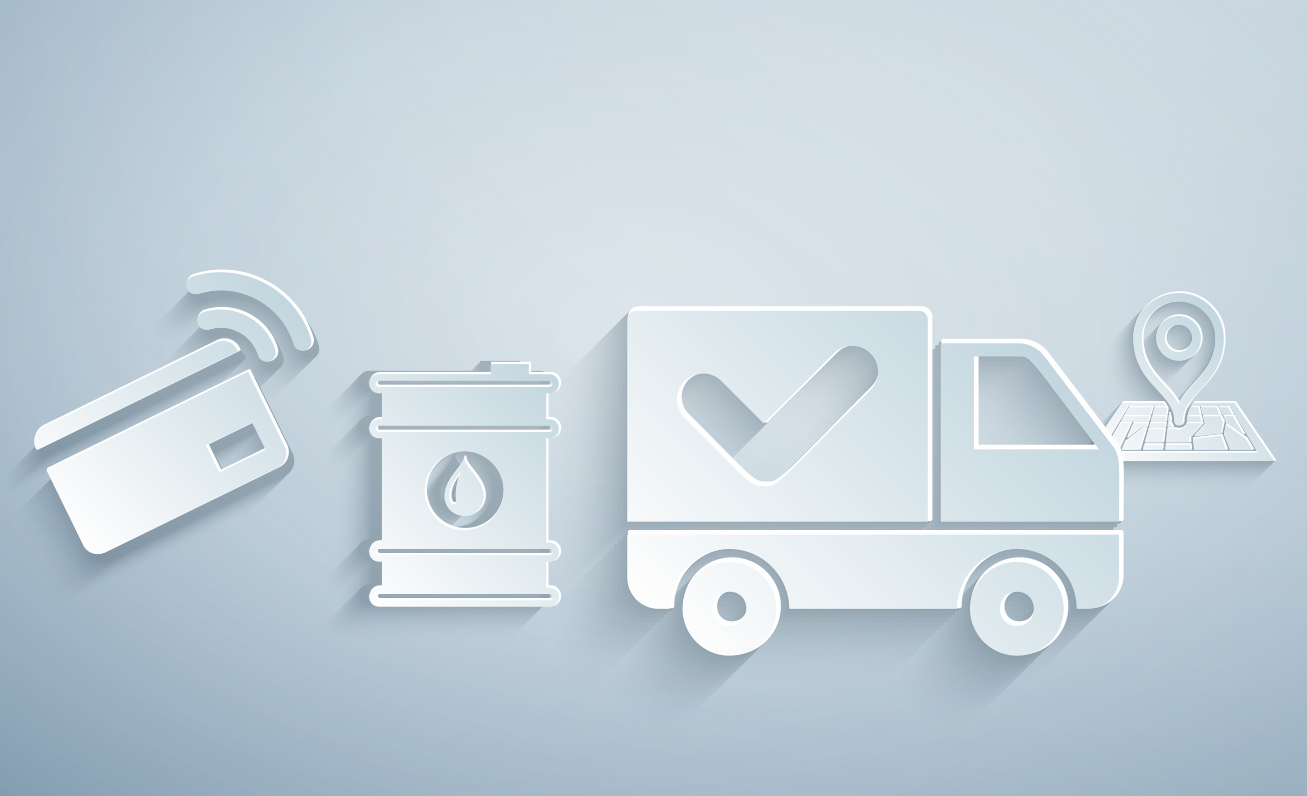Fuel cards, telematics systems, and fuel-pricing agreements are essential elements of a ‘fleet-management kit.’
Do you have a plan for managing fleet costs? You need one in order to efficiently control costs while supporting day-to-day operational needs. Whether they are leased or owned, vehicles typically are one of the top three expenses for businesses. But by using three key tools — which comprise what we call a fleet-management kit — contractors can protect themselves against wasted time and money, costly repairs that could have been prevented, and one of the biggest wildcards in operating company vehicles — fuel cost.
A fleet-management kit includes dedicated fleet cards, wireless vehicle tracking and diagnostics (also known as telematics), and fuel-pricing services. These tools provide information about vehicle use, and help fleet owners to gain efficiencies and realize savings.
Dedicated fleet cards: Fleet cards help to manage fuel and maintenance expenses. They work the same as other charge cards, with a few important exceptions, including the ability to customize your card(s) to fit your unique business needs.
Most top-of-the-line fuel cards come with purchase controls that enable business owners to control fuel spending without stepping out of the office. These are limits that can be set by price and/ or product. The cards also can be used to monitor employee purchases at gas stations, convenience stores, and auto repair shops. And, driver- or vehicle-specific identification codes can be assigned to each card to minimize fraud.
If the code is not entered correctly at the point-of-sale, the purchase is not approved. Different cards come with different features. Some, such as the Wright Express Universal Card, are widely accepted. Others are good at only one brand of gas station but may offer rebates in exchange for your loyalty to that brand. (When considering which is right for your business, weigh the benefit of savings against that of convenience.)
Once issued, fleet cards generally come with an agreement that keeps the cards in force as long as you make the payment according to the terms of the agreement. The number of cards you use is entirely your decision — some businesses prefer to pass one out to every driver, while others keep a few on hand to pass out as needed.
Telematics systems: A telematics system uses GPS-like tracking and vehicle diagnostics, which enable business owners to monitor usage, track time on the road, optimize the efficiency of drivers’ routes, send them to best-price fueling locations, and be alerted if there is a performance or maintenance issue.
Are your drivers idling in parking lots for extended periods of time, filling up at high-cost stations, or driving around with the “Check Engine” light on? A telematics program will tell you.
Fuel-price protection agreements: Contractors that combine dedicated fleet cards with telematics still face fuel-price volatility. The larger a business’ fleet, the greater the financial risk caused by fuel-price volatility. For companies with large fleets, this volatility can be virtually eliminated with a financial product that sets the price of fuel, sets a range for the price of fuel, or sets a ceiling for the price of fuel.
These are agreements negotiated by third parties that set the price limits with fuel providers. Some fuel-card providers have access to these fuel-price protection programs and offer them to their larger-fleet clients. A provider will analyze a company’s current fueling costs, predict its future fuel needs, and create a price-protection agreement for the business and its budget.
If you have a large fleet, you could benefit by choosing fuel-card providers that have access to such a service.
Conclusion: If you don’t have a plan to save on fleet costs, you won’t. Consider using these three tools to create a customized fleet-management kit for your company.
Kenneth W. Janosick is senior vice president of Small Business Solutions, Wright Express Corp. For more information on Wright Express Corp., call 1-877-824-2715.


